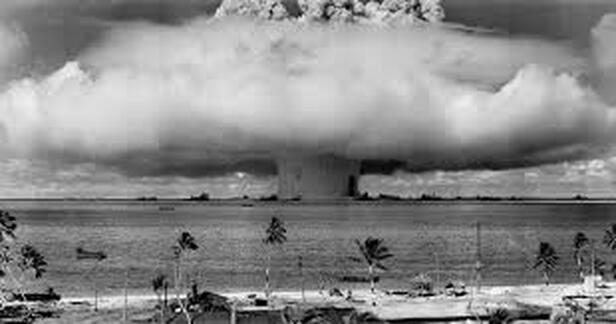|
I have never liked Quentin Tarantino. I don't know how true it is, but I give him all the credit for making movies about antiheroes commercially viable. The thing is that I don't think that this is a good thing.
Stories about how antiheroes are supposed to exist somewhere on the fringe of the literary canon and not to be overused because they go against the grain of the great narrative structure of Life. Yet, nowadays they are as overused and common as crazy mother-in-laws and triggered college students. One of the first rules of fiction is that your protagonist needs to be someone that you care about. Antiheroes are never particularly likable. I can't remember all of the movies that I walked out of because I didn't care what happened to the main character(s) of the story. There were some where I not only actually wanted the hero to receive a hot lead enema, I wanted to be the person who melted the lead. Tarantino figured out that most Americans were the kind of people who slow down traffic on a busy highway so they can see the blood and gore as they drive by the car wreck on the side of the road. He has a great eye for creating interesting looking scenes. Hell, he is a genius when it comes to capturing the eyes. I went to watch his latest Once Upon a Time in Hollywood as I am obsessed with the era that the movie represents. In particular, I am obsessed with deriving meaning, any kind of meaning, from the senseless loss of life at 1055 Cielo drive on August 8, 1969. And I was this close (imagine me with holding my thumb and forefinger a quarter of an inch apart) to telling myself, "This dude is a real genius." Then the ending of the movie comes, and I am back to the fact that Tarantino is an narcissistic idiot who enjoys the fact that his mental and emotional development has been stunted by deeply rooted psychological issues that he constantly refers to in his films. The first half of the movie brilliantly captures the essence of the age right down to the sound and image that dog food makes coming out of a can that has been opened top and bottom. It is something I had long since forgotten, for good reason, it is revolting. Tarantino rubbing the audience's face with this repeated motif seems to suggest that he believes that life is about as appealing as the sight of the dog food plopping down into an overfull dog bowl. He certainly seems to enjoy in pointing out how ugly life can be. Anyway, he tells a compelling story up to a point, but the movie starts to meander in second half where he resorts to voice over and large graphic images to shortcut the demands that telling the story create. The tension evoked in sending Brad Pitt's character Cliff Booth, a hardly working stunt double, into George Spahn's bedroom was as real as anything that I ever experienced in a movie theater. If Tarantino would have kept that part of story going as a metaphor for the Sixties Era, he might have created something as memorable as Orson Welle's Citizen Kane. Instead, he chose to make it about his own personal demons and the post-modern world. The climactic moments of the film seem to have been written and filmed by a petulant teenager who demands that the world mold itself to his own views of reality rather than him working through the obstacles that life has presented to us all since Adam and Eve first left the Garden at the dawn of creation. In doing things the way that he did, Tarantino allows the viewer to go back and rethink the beginning of the story. And on second look, the flaws of the story become more evident. For example, Brad Pitt's character becomes a caricature, a post modern comic book character as essentially shallow as the mystery that surrounds him is deep. Leonardo DiCaprio should, however, win the Oscar based on his performance as an aging, over-the-hill cowboy actor Rick Dalton. The scene in his trailer after he fluffed a few lines was stunning and made me wonder if Tarantino had carved it whole cloth from the substance of his own self doubts. And as much as I was disappointed in the ending, I have to give Tarantino credit for creating magic in the final scene. It was how we all wished the story had ended in the first place and summoned forth a deep sense of longing which most of us share. Tarantino is emphasizing that this is a fairytale (hence the title) and fairytales deserve happy endings. If that's the case, then put away the fucking blow torches, throw away the comic books, and start writing movies that are worthy of the visual effects. |
Categories
All
|
Proudly powered by Weebly

 RSS Feed
RSS Feed